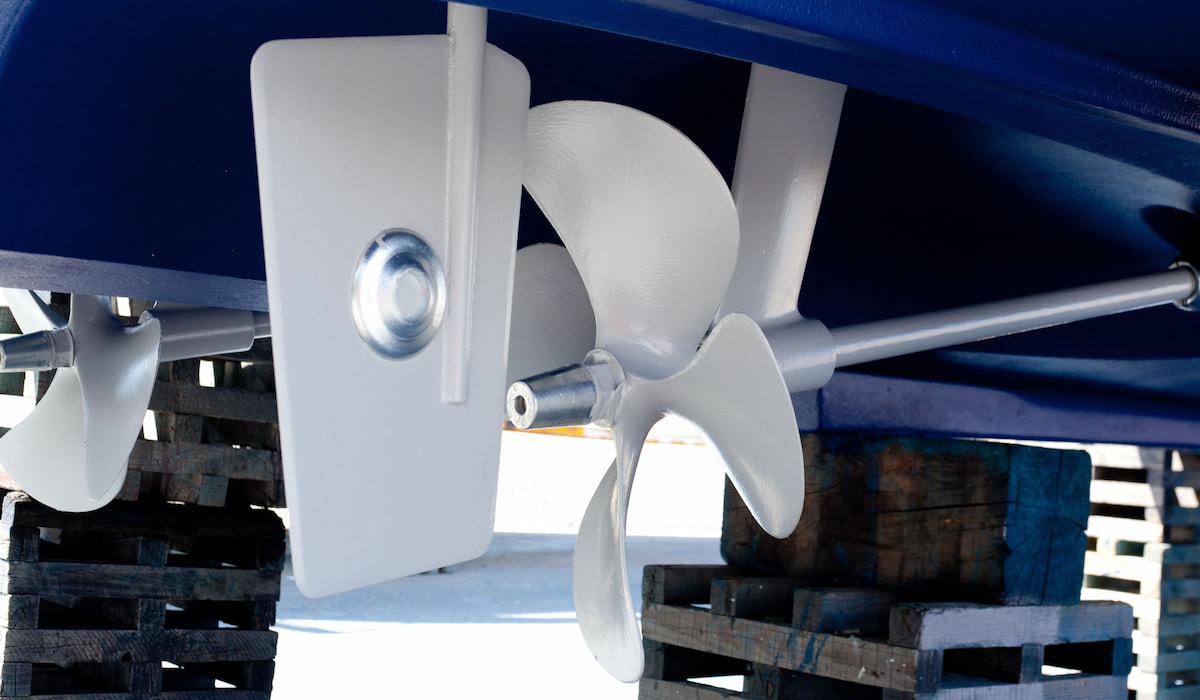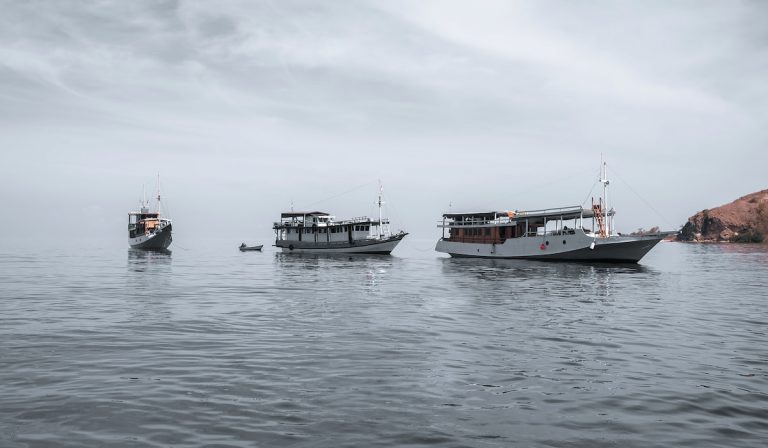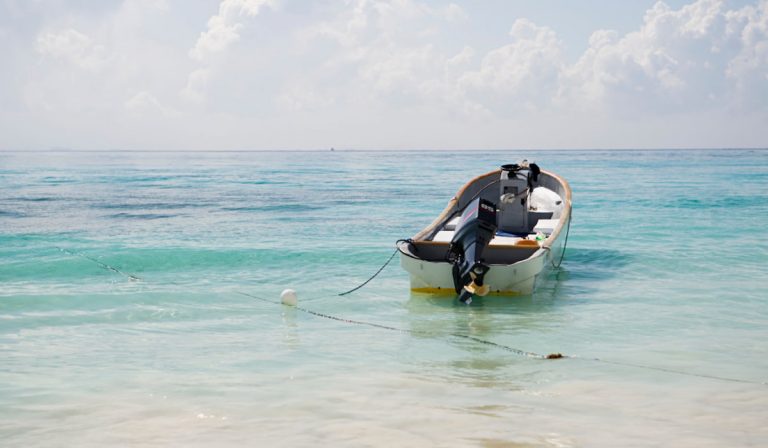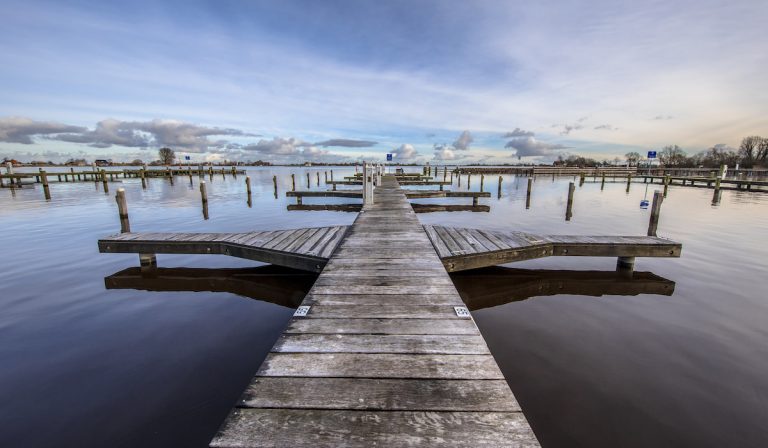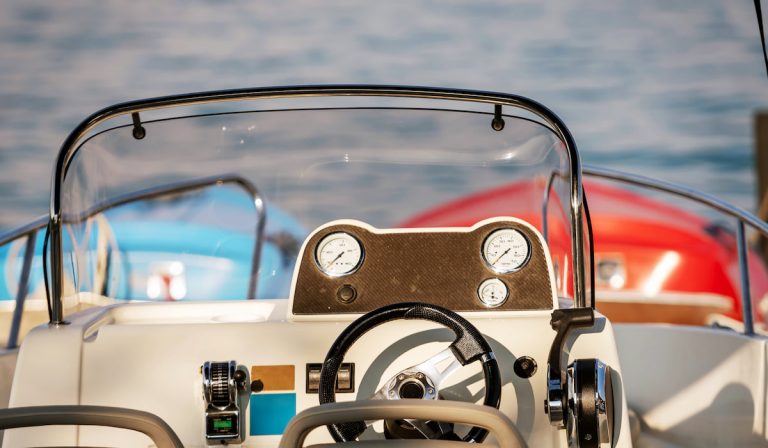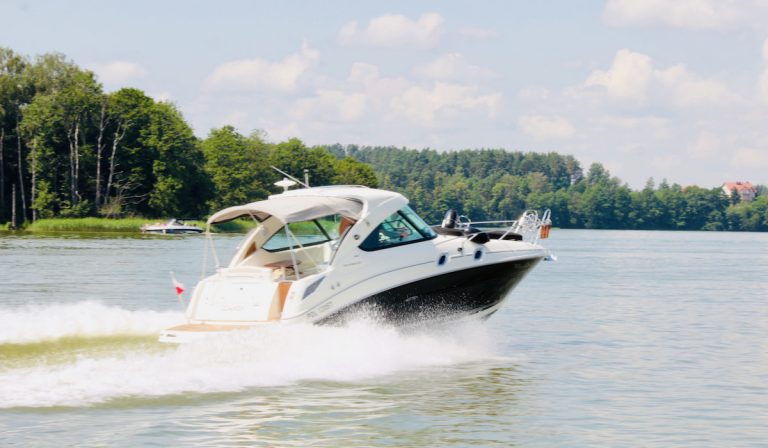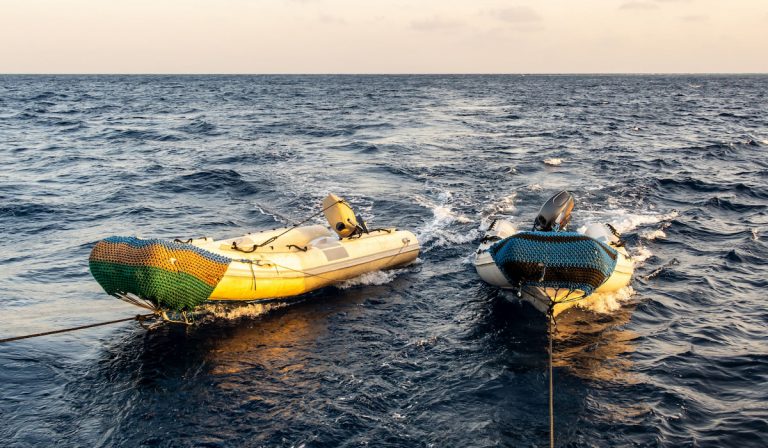What Are Zincs On A Boat And Do They Need To Be Replaced?
Boat maintenance may be the most challenging part of owning a boat. There are a lot of things to be taken care of on a regular basis. Corrosion is one of the greatest enemies of the fixtures on a boat and its machinery.
Inevitably, because of the constant exposure to the sea, corrosion cannot be avoided but there are ways to protect against it. The use of anodes is one main way.
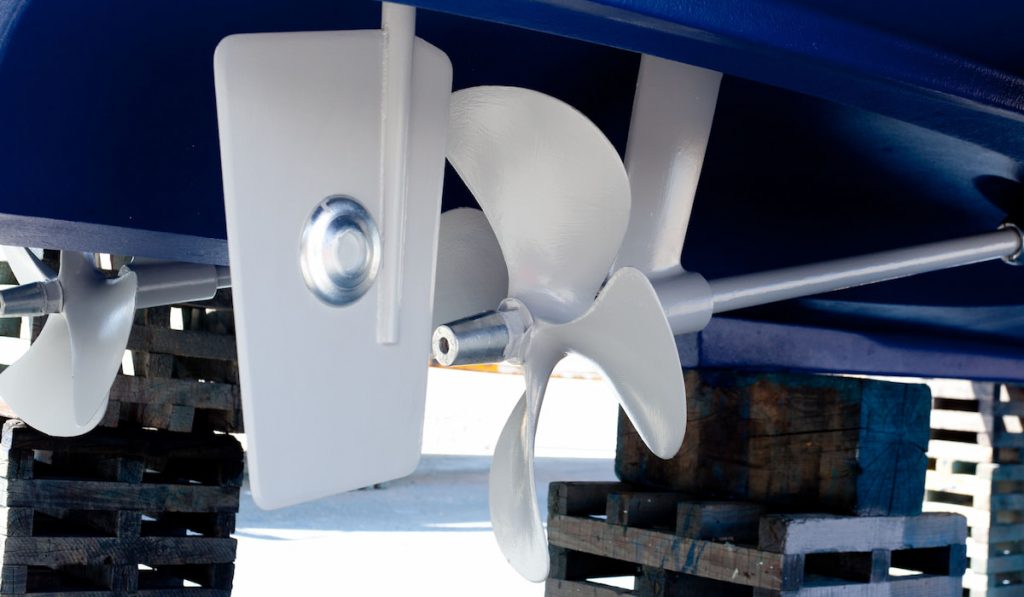
What Are Anodes On A Boat?
Anodes are very important for coping with the large issue of corrosion on a boat. They are pieces of metal different from the parent material they are attached to that lessen the corrosive effect of seawater on the parent material.
A main component of ship architecture is often iron, and iron is also the metal most prone to corrosion. From the smallest nuts to the main body of the boat, everything is at risk of corrosion. Protecting the structural iron components is crucial to the stability of the boat.
Commonly known as sacrificial anodes, there are three types of metals used for this purpose—zinc, aluminum, and magnesium. The best out of these are zinc anodes because of the hydrogen activity of zinc when it is in contact with seawater. When placed over or near metallic parts, zinc anodes help protect boat parts from corrosion.
Also known as a galvanic anode, its strongly negative reduction potential protects the other less negative metals such as iron and aluminum. The zinc anodes themselves actually take on the corrosion while keeping the underneath metallic boat part completely safe.
Whenever any oxidant comes in contact with the boat, such as seawater, the zinc anode draws the oxidizing effects away from the iron. In this way, the important boat parts are kept safe from corrosion. The best use of zinc anodes is in saltwater.
They are commonly used in tanks, rudders, piers, and boat hulls. They can also be used in underground piping and tanks.
While in freshwater, zinc anodes produce a zinc hydroxide film which hinders the electron flow. Due to this reason, zinc is much more effective in seawater but not at all usable in freshwater.
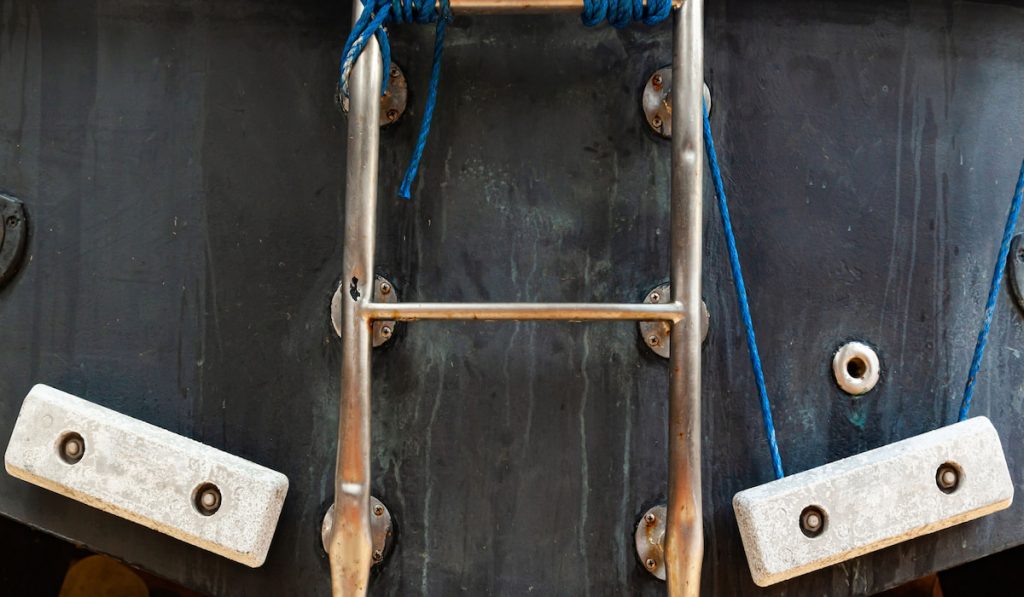
Why Does a Boat Need Zinc Anodes?
As explained earlier, zinc anodes are crucial for the proper maintenance of a boat. Galvanic corrosions will surely occur when two dissimilar metals are present in a conductive solution.
Like other sacrificial anodes, zinc anodes work on the principle of electrolysis. According to this principle, if an anode atop a metallic strip is immersed in a conductive solution, the anodic electron will deposit over the metallic strip converting it to a cathode.
Coming to the underwater scenario where boats are present, seawater acts as an electrolyte. This electrolyte shifts the electrons from the anode to the steel plate. This makes a protective layer over the metal. Thus, the zinc anode is corroded in place of the steel surface.
This protective ability depends on the mass of the zinc anode. The greater the mass of the zinc anode, the greater the protection.
Another important thing is the zinc anode’s utilization factor. This factor specifies for how long the zinc anode will not lose its protective potential.
With these factors calculated, one can specify how much anode mass would be needed for a particular application. Using good quality zinc metal is also very important.
How Much Zinc Is Enough?
There can be many ways of finding out how many zinc anodes will be enough for protecting underwater metals. By a general rule of thumb, it is thought that 1 to 2 % coverage is enough.
However, it is not as simple as it looks. Many factors are collectively responsible for galvanic corrosion, and consequently, determine the percentage of zinc anodes to be used.
Some of these main factors include salinity, temperature, and levels of pollution. These factors check the effectiveness of the zinc anodes. As the levels of these factors differ from place to place, so will the number of zinc anodes vary. Some other major factors playing a huge role in the depletion of the zinc anodes include water flow and stray currents.
If the flow of water is great it will cause an early zinc anode depletion. Thorough monitoring of your zinc anodes will let you determine how much zinc is enough.
When To Replace Zinc Anodes?
Yes, zinc anodes need to be changed when they become of no use. There cannot be a specific time frame for the changing of zinc anodes, however, there are a few indicators that will help you understand when they need to be replaced.
Monitoring your boat’s voltage input and output can help you determine when the anodes should be replaced.
Having faulty voltage can cause early corrosion of your zinc anodes. With normal voltage levels, your zinc anodes can last more than 12 to 14 months.
There is no fixed time frame as it depends on the salinity, water flow, temperature, and pollution levels when do you need to replace your zinc anodes. Keeping it general, though, you can change your zinc anodes after 50% depletion.
Even before this time, if you find zinc residues on the shaft or rudder of the boat, it’s time to replace your zinc anodes. Whenever you need to get the zinc anodes checked or replaced, you need to get a certified technician. They can better inspect your boat’s voltage and the condition of zinc anodes.
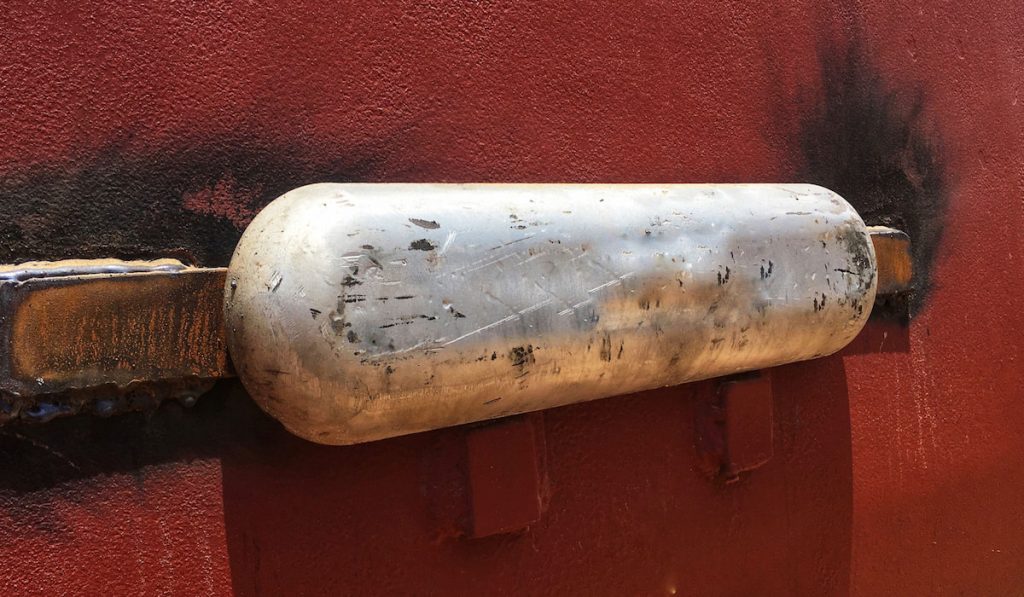
How Often Do Zinc Anodes Need To Be Changed?
As explained earlier, there can be no fixed time frame for changing the zinc anodes. But still, you cannot keep the zinc anodes forever. They need to be changed now and then depending on their condition. The frequency of changing the anodes also depends on the location where the anodes are fixed on the boat.
If placed on the ship’s hull, the zinc anodes can be checked at least every 2 to 3 years, but depending on the water conditions, they may need to be checked and replaced more often.
Benefits of Using Zinc Anodes
Zinc anodes, or any other sacrificial anodes, provide several important benefits to your boat. Some of which are given here:
- They increase the durability of the ship by reducing the chances of galvanic corrosion.
- They are extremely easy to install with simple bolts and brackets.
- They work without any external power source.

